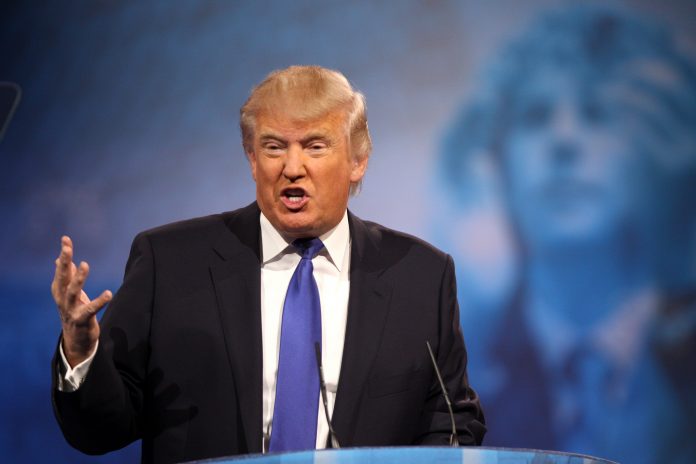United States President Donald Trump will only agree to keep the Iran nuclear deal alive by renewing US sanctions relief in May if the following condition is met: Britain, France and Germany – the three key European allies – pledge to improve the 2015 pact.
This is according to a US State Department cable obtained by Reuters, and an interview with a senior department official last week.
The European allies are uncertain what will satisfy Trump and are reluctant to make such a commitment only to find that he asks for more, two European officials and two former US officials told Reuters.
The cable’s characterisation of what the United States wants from the Europeans, which has not been previously reported, sets a lower standard than laid out by Trump in January and so might facilitate a meeting of the minds, five current European and four former US officials said.
“We are asking for your commitment that we should work together to seek a supplemental or follow-on agreement that addresses Iran’s development or testing long-range missiles, ensures strong IAEA inspections, and fixes the flaws of the ‘sunset clause,’” said the cable obtained by Reuters.
Last month, Trump delivered an ultimatum to the European powers. He said they must agree to “fix the terrible flaws of the Iran nuclear deal” or he would refuse to extend the US sanctions relief on Iran that it calls for.
According to Reuters, US sanctions will resume unless Trump issues fresh “waivers” to suspend them on May 12.
“This is a last chance,” he said.
Meanwhile, the US State Department declined comment on the cable obtained by Reuters. It said it would not discuss internal communications.
What is more, US negotiators are scheduled to meet with officials from Britain, France and Germany, known as the “E3,” in Paris on February 20. They will discuss how to meet Trump’s demands.
European officials said in interviews they did not know if the view laid out in the State Department diplomatic cable – sent to US diplomats in London, Paris, Berlin and Brussels to deliver to their counterparts – will prevail in Washington.
According to a former US State Department spokesman for five US secretaries of state, the State Department cable was “a little softer” than Trump’s statement. Richard Boucher and three other former US officials flagged the difference between Trump’s demand the E3 reach an “agreement to fix the terrible flaws” of the deal and the cable’s less demanding language seeking a “commitment” to “work together” to “seek” a supplemental accord that “addresses” its deficiencies.
“The president [Trump], to me, was holding out a higher standard. They have to agree and negotiate and we have to get an agreement. Whereas the other one was [saying] we have to get their commitment to go down this road,” Boucher said.

